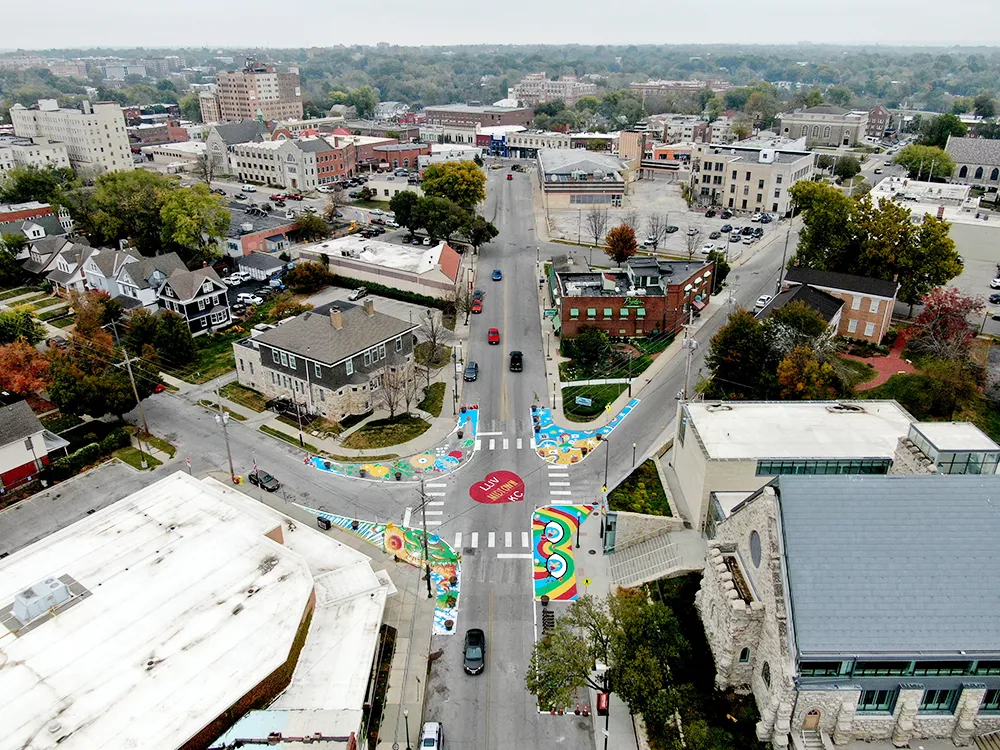A UK motorist has escaped a fine and points on his licence after anti-motor fraud specialist, Asset Protection Unit (APU), was able to prove his innocence by analysing the vehicle’s telematics data.
The driver, from Wembley, London was accused of speeding in Lincoln in November last year even though the vehicle thought to be involved, a BMW 2 Series, was actually still in Wembley.
Police issued the fine of £100 and three penalty points when a vehicle was caught by a fixed speed camera in Lincoln trave
March 10, 2016
Read time: 2 mins
A UK motorist has escaped a fine and points on his licence after anti-motor fraud specialist, Asset Protection Unit (APU), was able to prove his innocence by analysing the vehicle’s telematics data.
The driver, from Wembley, London was accused of speeding in Lincoln in November last year even though the vehicle thought to be involved, a BMW 2 Series, was actually still in Wembley.
Police issued the fine of £100 and three penalty points when a vehicle was caught by a fixed speed camera in Lincoln travelling at 35 mph on a 30 mph stretch of road.
However, the hire car was equipped with a telematics device which proved the vehicle was located at the other end of the country at the time of the alleged offence, meaning the vehicle had been cloned.
Data generated by the In-Car Cleverness telematics device was interrogated by APU experts who wrote to the police to provide evidence in support of the driver’s denial he was at the wheel. The police later dropped the case.
Neil Thomas, director of Investigative Services at APU, said: “It’s very satisfying to help out innocent motorists of course, but the real worry here is that it’s almost certain the vehicle in question has been cloned. We’ve seen a number of similar cases surface recently and the worry is that cloning could be back on the rise again.”
Car cloning is a serious offence which involves the theft of a vehicle’s identity including the registration number and vehicle identification number (VIN). It is thought thousands of vehicles are cloned annually, costing motorists hundreds of thousands of pounds in fines while enabling criminals to break the law at will and get away with it.
The driver, from Wembley, London was accused of speeding in Lincoln in November last year even though the vehicle thought to be involved, a BMW 2 Series, was actually still in Wembley.
Police issued the fine of £100 and three penalty points when a vehicle was caught by a fixed speed camera in Lincoln travelling at 35 mph on a 30 mph stretch of road.
However, the hire car was equipped with a telematics device which proved the vehicle was located at the other end of the country at the time of the alleged offence, meaning the vehicle had been cloned.
Data generated by the In-Car Cleverness telematics device was interrogated by APU experts who wrote to the police to provide evidence in support of the driver’s denial he was at the wheel. The police later dropped the case.
Neil Thomas, director of Investigative Services at APU, said: “It’s very satisfying to help out innocent motorists of course, but the real worry here is that it’s almost certain the vehicle in question has been cloned. We’ve seen a number of similar cases surface recently and the worry is that cloning could be back on the rise again.”
Car cloning is a serious offence which involves the theft of a vehicle’s identity including the registration number and vehicle identification number (VIN). It is thought thousands of vehicles are cloned annually, costing motorists hundreds of thousands of pounds in fines while enabling criminals to break the law at will and get away with it.










